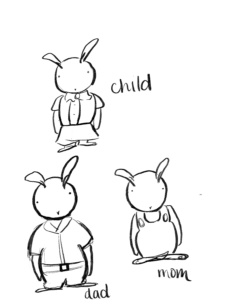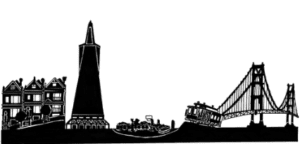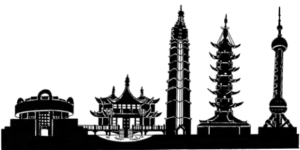Scott McCloud’s decision to inform us of what comics are through a whole comic strip is very interesting as it allows us to see what he says about comics as we read the book. McCloud defines what a comic is and what qualities a comic has. McCloud brings up many examples that I never thought could be considered comics such as the airplane safety instructions and pictures taken at a photo booth. Another interesting idea that McCloud delves into is the existence of two worlds that we experience and how simplistic comics have more personality. He claims that comics that are too detailed are too close to what the real world is so in actuality, realism acts as a negative factor in the narrative.
I believe the most interesting part of the reading was chapter 4 because it covered the topic of time in comics. McCloud explains how usually one frame depicts what happens in a moment however, he talks about how that is not always the case and can be altered into what happens over a few seconds. Additionally, he explains how big or small or the number of panels can mimic this feeling of time that is passing. More emotion is depicted through more or larger panels. Through the use of motion lines, we are allowed to influence how someone perceives how an object is moving and the speed of which it is. When not directly told, the reader has to figure out how much time has passed which I think is important to note when making your own comic. Remember to take away that time plays such an important role in storytelling and can affect the overall storyline. Overall, the way McCloud’s thoughts and humor flow together makes the read more clear, interesting, and easy to understand.









